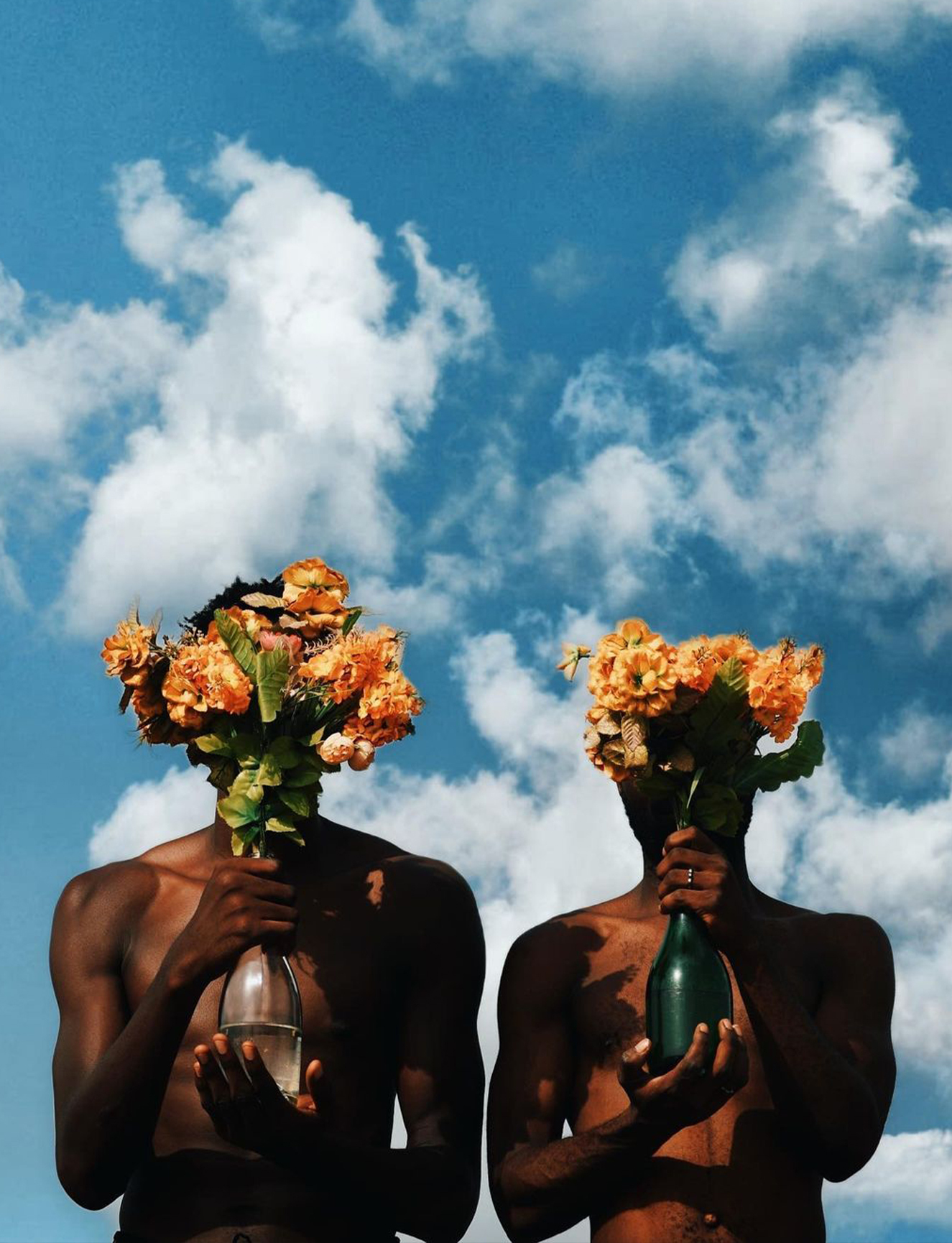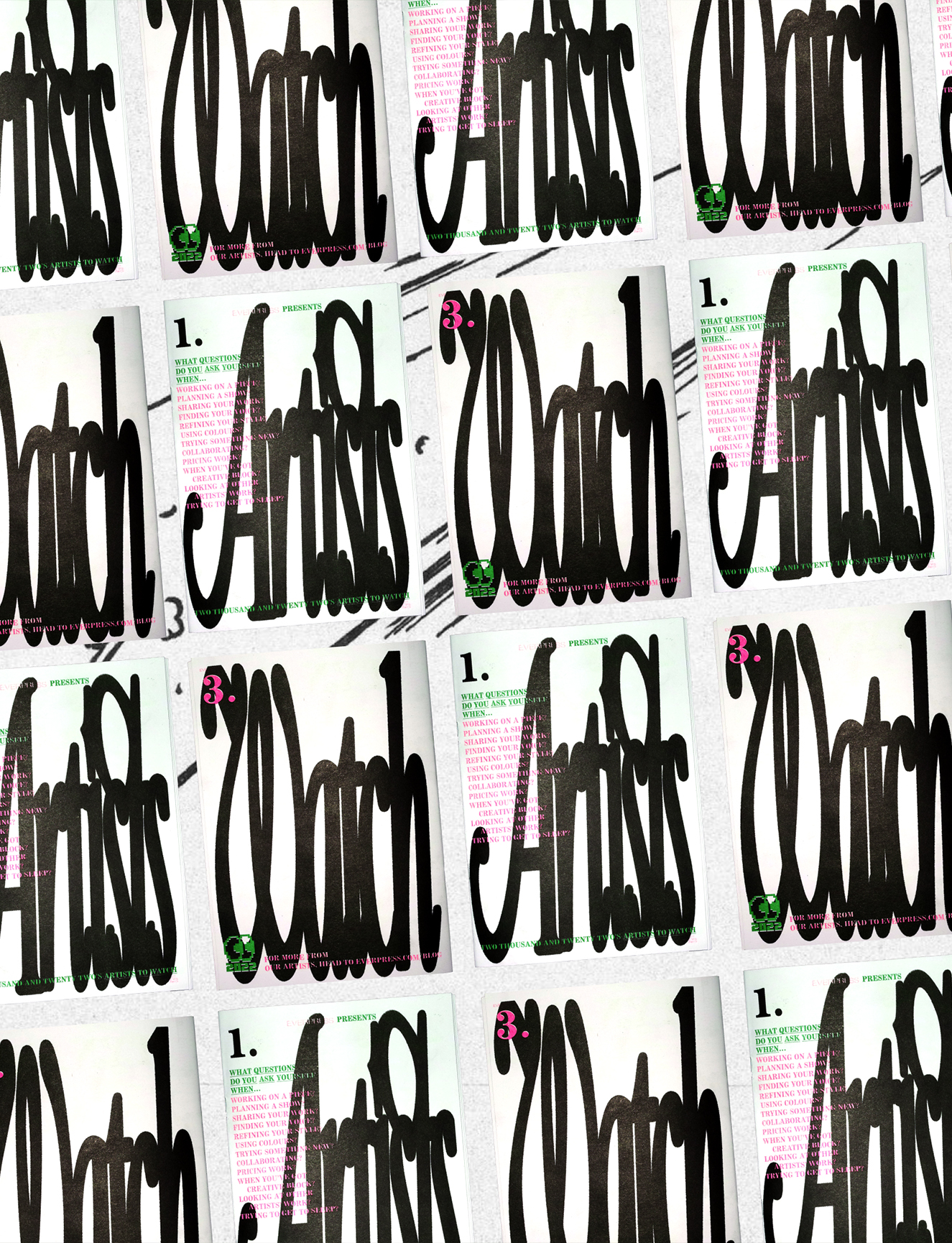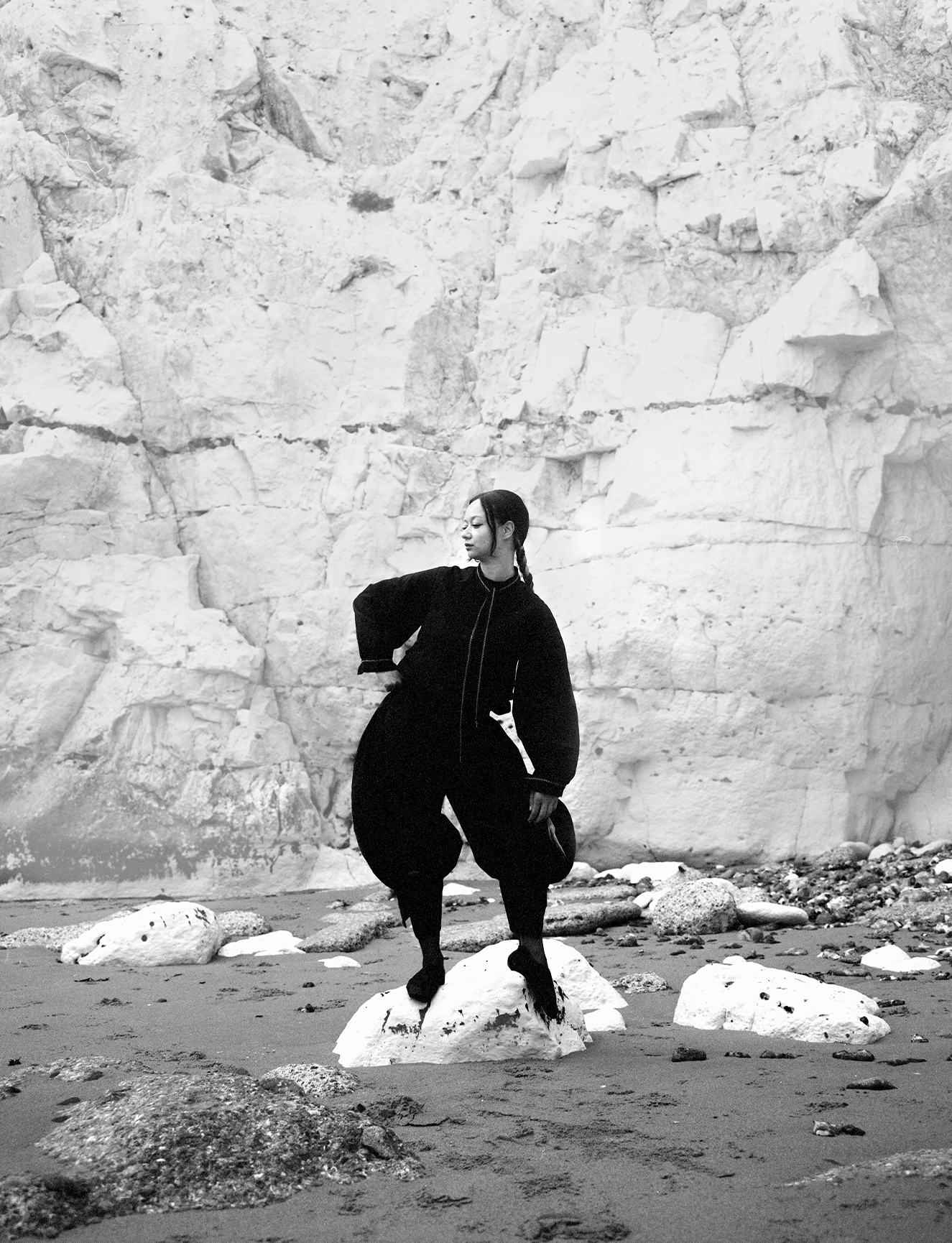Was your childhood creative?
Honestly, no. I never imagined myself as a photographer. If you’d asked me aged 10 or 15 what I might end up doing, photography is probably the least likely answer I’d have given. But sometimes it happens in life where what you thought was your purpose, turns out to be the wrong path. I got to a point and realised that this is not what I want to do with my life. When that happened, I found myself in the creative space as a photographer. But, I had dabbled with some creative mediums from early. I wrote scripts for fun from very young, inspired by my favourite English teacher at school. The interesting part that was very, very intriguing to me, was the storytelling part.
I never imagined myself as a photographer
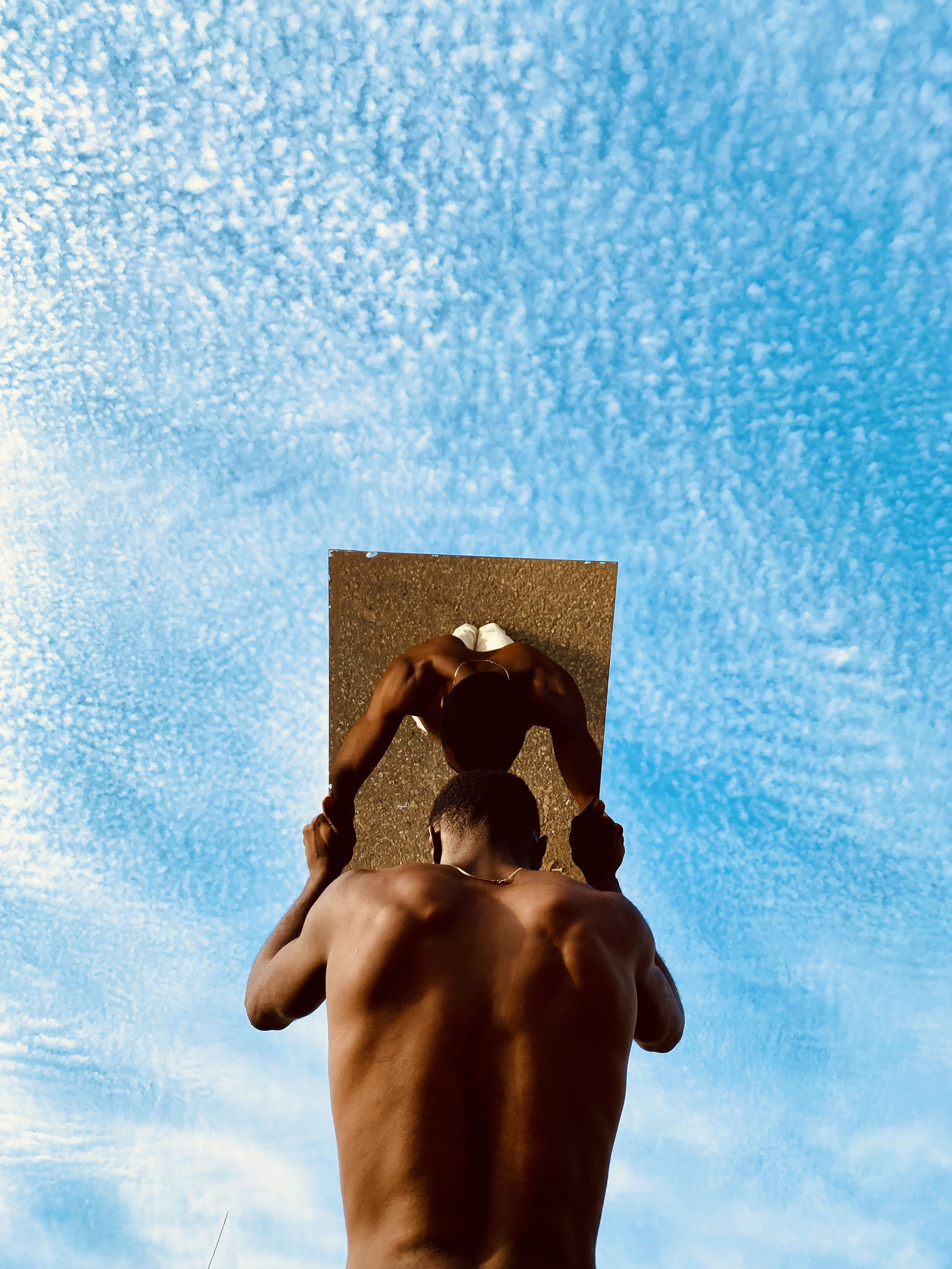
What drew you to photography as a medium?
When I was first at university I was studying mechanical engineering, that was my long, long dream. After about a year I ended up failing, and had to change course to biology. I was very depressed, I was lost, so I was trying to find a new route to what I actually wanted to achieve in the future.
I went back to my writing, hit up some creative directors, cinematographers, saying, “I have this great idea, I’d love to work with you.” Most of them turned me down, so I ended up venturing into photography. In that process of going into photography, I started off with a little camera, with the shutter with the zoom lens attached, and I was just taking pictures of flowers initially. When that happened, I felt this relief, this joy. I went from always being inside the room, thinking about my life, to, “I want to see the whole world, I want to see everything, I want to capture everything.”
So I started off as a street photographer, and that helped me to develop more and understand what I was shooting for. So I learned the basics, then I upgraded, got my own camera and then that was where I started serious work on the Kings Visuals gallery.
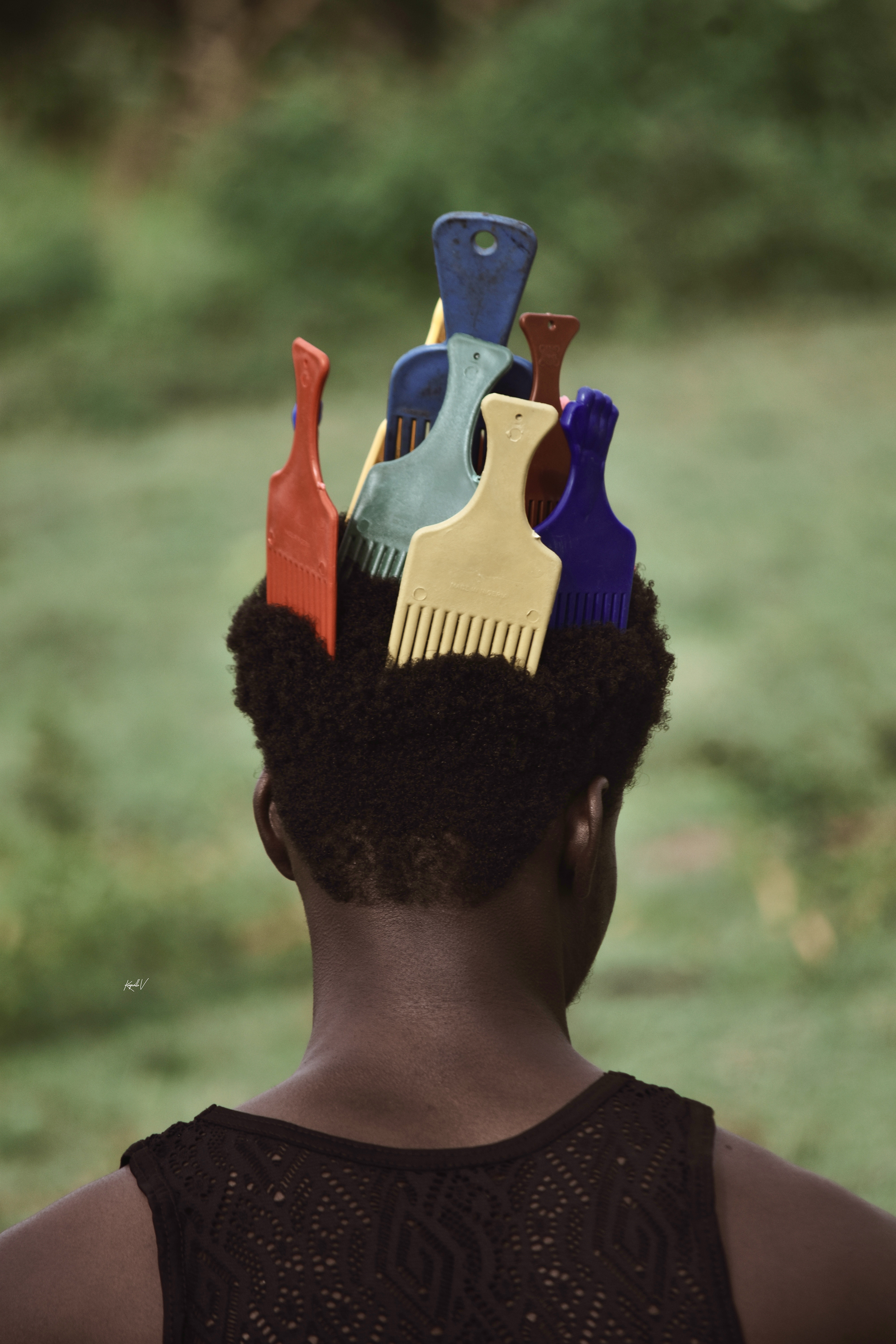
How did you know you arrived as an artist? How did you know that you’d found your artistic style?
Okay, what happened was, I was just shooting random stuff. I was just going for quantity, no direction, I was scattered, I didn’t know what I wanted, and this was around 2019. Nonetheless, I told myself, I’m shooting to explore our land. Then, it was 2020, the middle of 2020, that I really discovered myself properly. I cleared a lot of stuff from my Instagram page, I had some good work from before but I cleared a lot of it, and I started my own field for myself. That was very hard because I got a lot of rejection: people saying, “Why am I shooting this, what am I in it for?” I can’t really give them a reasonable explanation, and most of them believe I might not even make it. But I understood very well what I was chasing after because I stopped looking at other photographers’ work, and started shooting what had made me even inspired start photography. So I scripted most of my content ideas, I’d write them down then go to the field and shoot them. 2020 is where I started, and that’s what I’ve been pushing till now.
I stopped looking at other photographers’ work
What do you think the relationship between writing and photography is for you?
That is the most important aspect, because most of my ideas just sort of suddenly come to me, and when you have thoughts like that your brain is not a computer where you can save and go view it later. Something might come up and you just forget about it entirely. So what I do is, I catch it on my notepad or write something about it, and possibly come back, maybe write a plan; definitely most of my images come from plans that I’ve written down before. When I do that it helps me to finely define the story for my image. That doesn’t limit what the image conveys, because I have found myself in situations with ten different people who all have different ideas of what one of my images means.
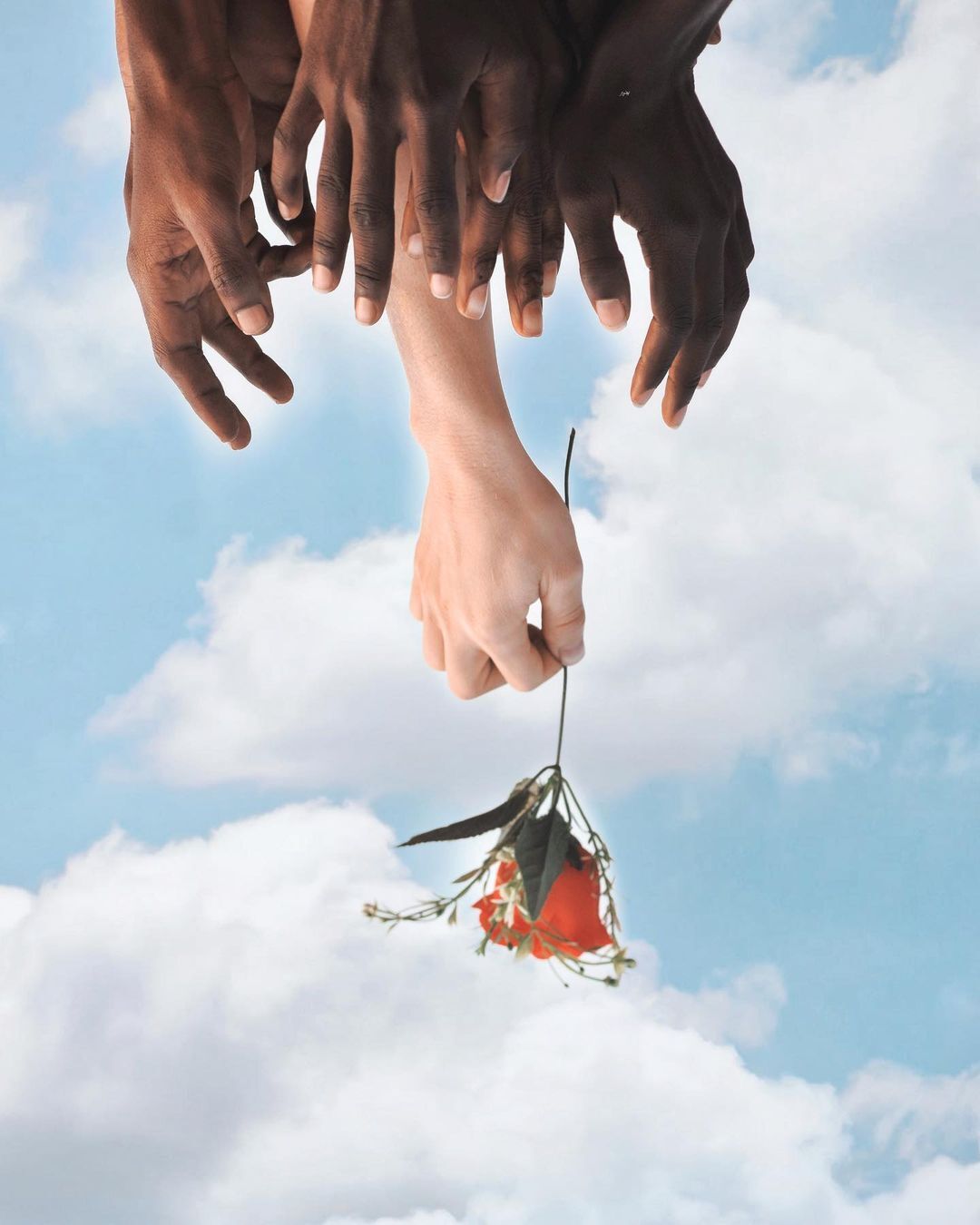
That’s also why, most of the time when I post an image on social media, I barely use captions, I just put the image up and let the viewers interpret it how they want. For me, I have a lot of stories that I’ve written down, or points that relate to my life or my environment or what I believe in. All of these ideas fit into that image, and to me, that’s why I see behind the image, but other people have their own definitions.
How do you think life in Nigeria, and Nigeria as a setting, has shaped your work?
There is a lot happening. Imagine a country that has a lot of languages, and these languages, each of them have their own culture, their own beliefs, etc, etc. Nigeria is a place where you just find random things happening, and sometimes there are things that happen without any explanation. Some of the stories I tell come from what is happening around, and as well, I try to preach to my fellow Nigerians, who are yet to understand themselves, and to believe in themselves.
I am always talking to my environment, and I’m learning from my environment, a lot. Some of my images are not even necessarily about Africa as they are about the world at large. I have different ideas, and even if I haven’t gone out or directly experienced certain places, I believe that with broad human experience I can speak to lots of things.
I am always talking to my environment
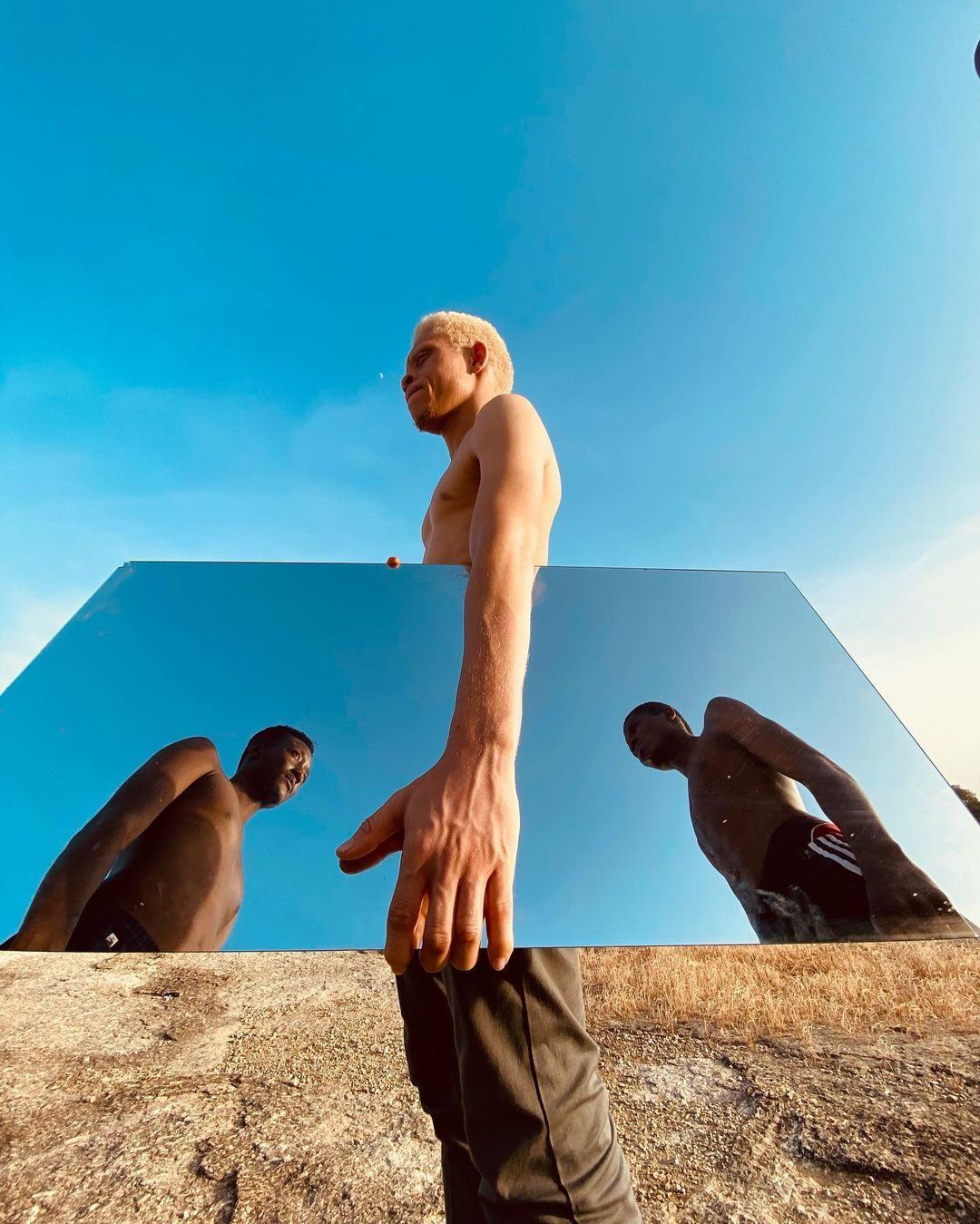
How do you know when an image works?
Okay, I don’t go out to shoot without a mood board. These mood boards most of the time come from my plans that are written down. So when we get to the location, we set it the way I want it to be, the way I’ve envisioned. When it comes to selecting the images, I will pick out one that I believe I have a purpose for. If I shoot 1000 I’m just selecting 5 or 10, that’s how it is.



